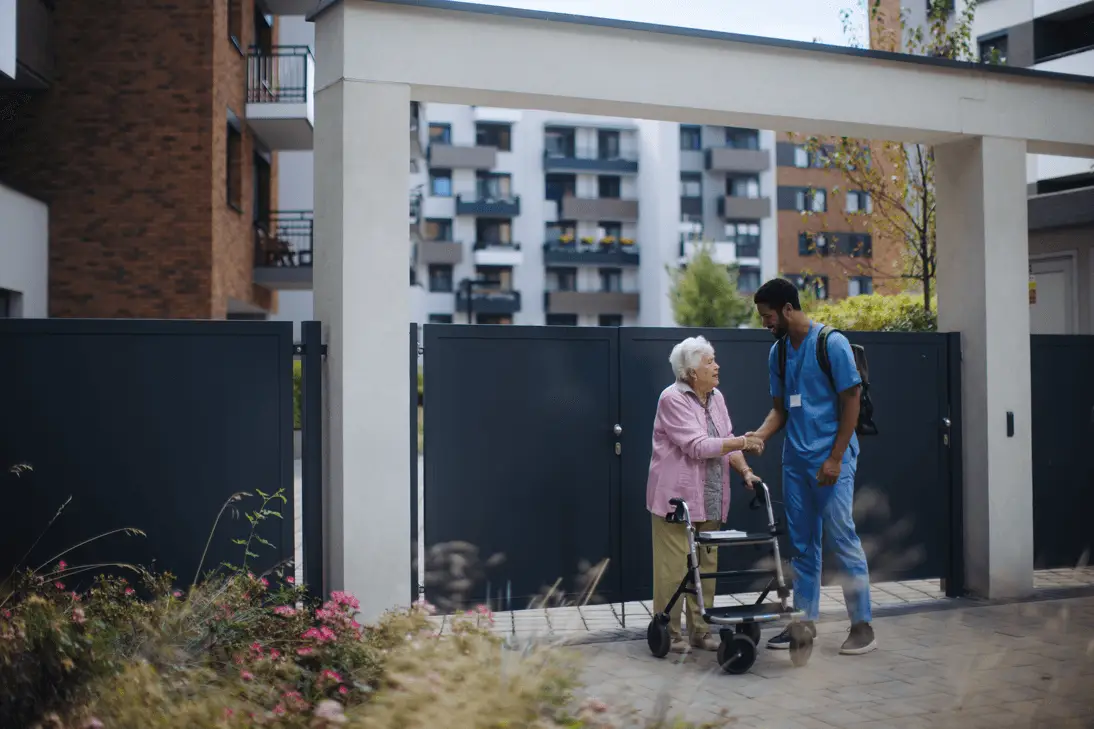In the realm of residential group care, the ultimate goal isn’t just to provide a place to stay; it’s to empower residents to lead fulfilling, independent lives. Whether it’s children and youth in foster care, individuals with disabilities, or those transitioning from homelessness, promoting independence and life skills is paramount for their long-term success and well-being. In this article, we’ll explore the importance of promoting independence within residential group care settings and discuss strategies for fostering essential life skills among residents.
The Importance of Independence in Residential Care
Residential group care settings serve as temporary or long-term homes for individuals who, for various reasons, cannot live independently. However, this doesn’t mean that independence should be sidelined or overlooked. On the contrary, empowering residents to develop the skills they need to navigate the world on their own is crucial for their personal growth, self-esteem, and future success.
Promoting independence in residential care goes beyond teaching basic life skills; it’s about instilling confidence, resilience, and a sense of agency in residents. Whether it’s learning how to manage finances, cook a meal, or navigate public transportation, these skills are essential for fostering autonomy and self-sufficiency.
Strategies for Promoting Independence and Life Skills
1. Individualized Life Skills Assessments:
Each resident comes to a residential group care setting with unique strengths, challenges, and goals. Conducting individualized assessments to identify areas where residents need support can help tailor interventions and services to meet their specific needs.
2. Life Skills Training and Workshops:
Offering regular life skills training sessions and workshops can equip residents with practical knowledge and hands-on experience in areas such as budgeting, meal planning and preparation, household chores, time management, and communication skills.
3. Real-Life Experiences:
Providing opportunities for residents to practice life skills in real-life settings can reinforce learning and build confidence. This may involve organizing outings to grocery stores, cooking classes, volunteering opportunities, or job shadowing experiences.
4. Mentoring and Peer Support:
Pairing residents with mentors or peer support groups can provide valuable guidance, encouragement, and accountability as they work towards developing independence and life skills. Peer support can also create a sense of camaraderie and shared learning experiences among residents.
5. Goal Setting and Progress Tracking:
Encouraging residents to set short-term and long-term goals related to their personal and life skills development can help motivate them to stay focused and track their progress over time. Celebrating achievements, no matter how small, can boost residents’ confidence and sense of accomplishment.
Overcoming Challenges
Promoting independence and life skills in residential group care settings is not without its challenges. Limited resources, staff turnover, and complex individual needs can present obstacles to implementing effective programs. However, by prioritizing collaboration, creativity, and resident-centered approaches, these challenges can be overcome.
Conclusion
Empowering residents to develop independence and life skills is not just about preparing them for life outside of residential care; it’s about nurturing their potential and promoting their overall well-being. By providing personalized support, hands-on training, real-life experiences, mentorship, and goal-setting opportunities, residential group care settings can become empowering environments where residents can thrive and transition successfully to independent living. Together, we can foster a culture of empowerment and self-determination that lays the foundation for a brighter future for all residents.


